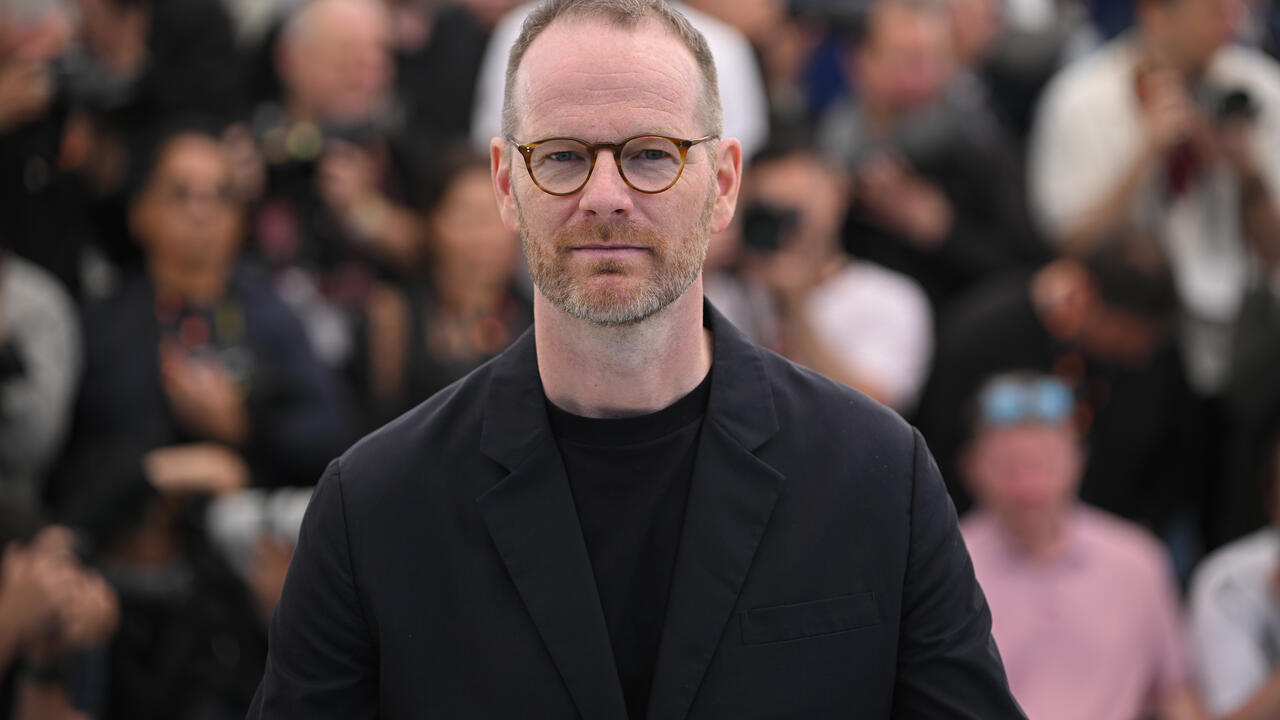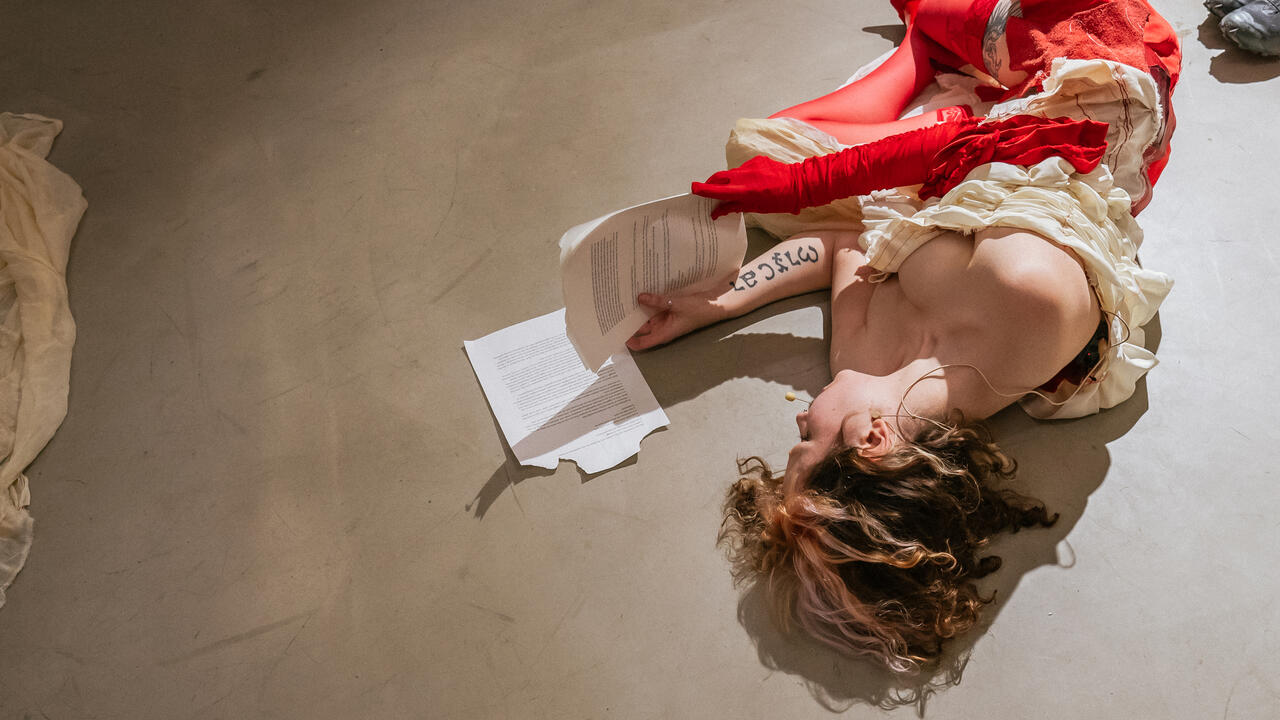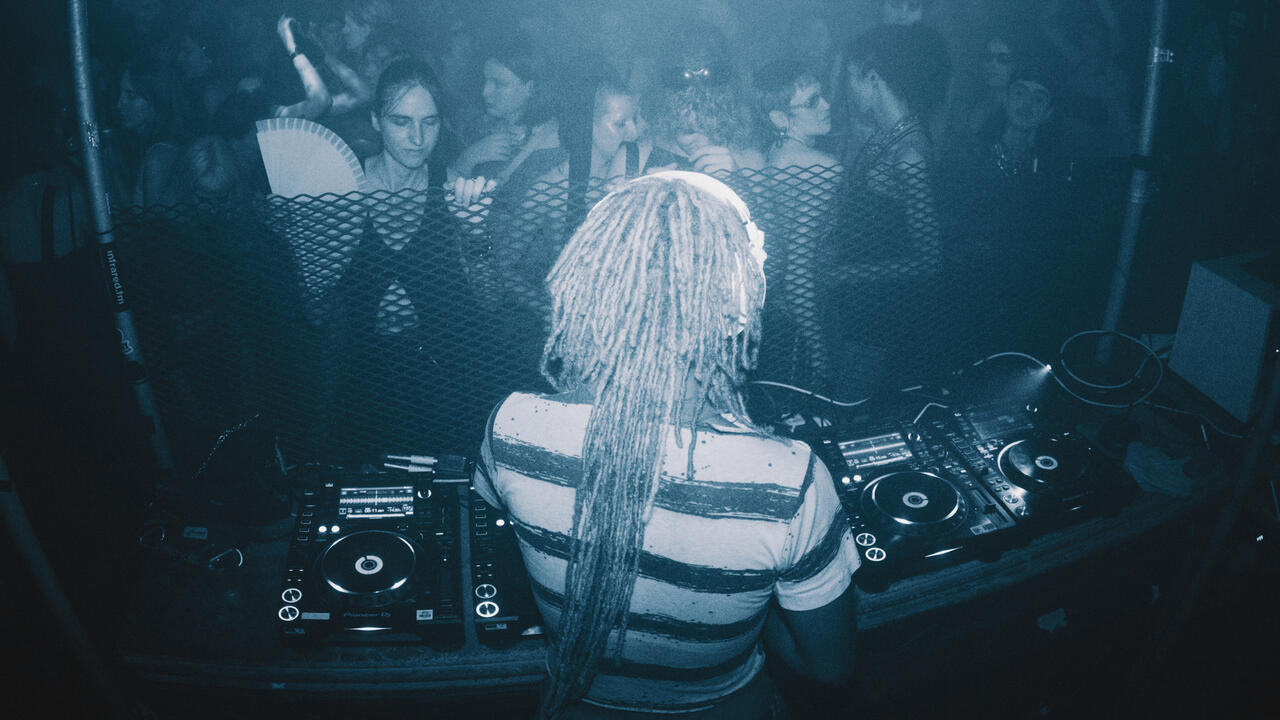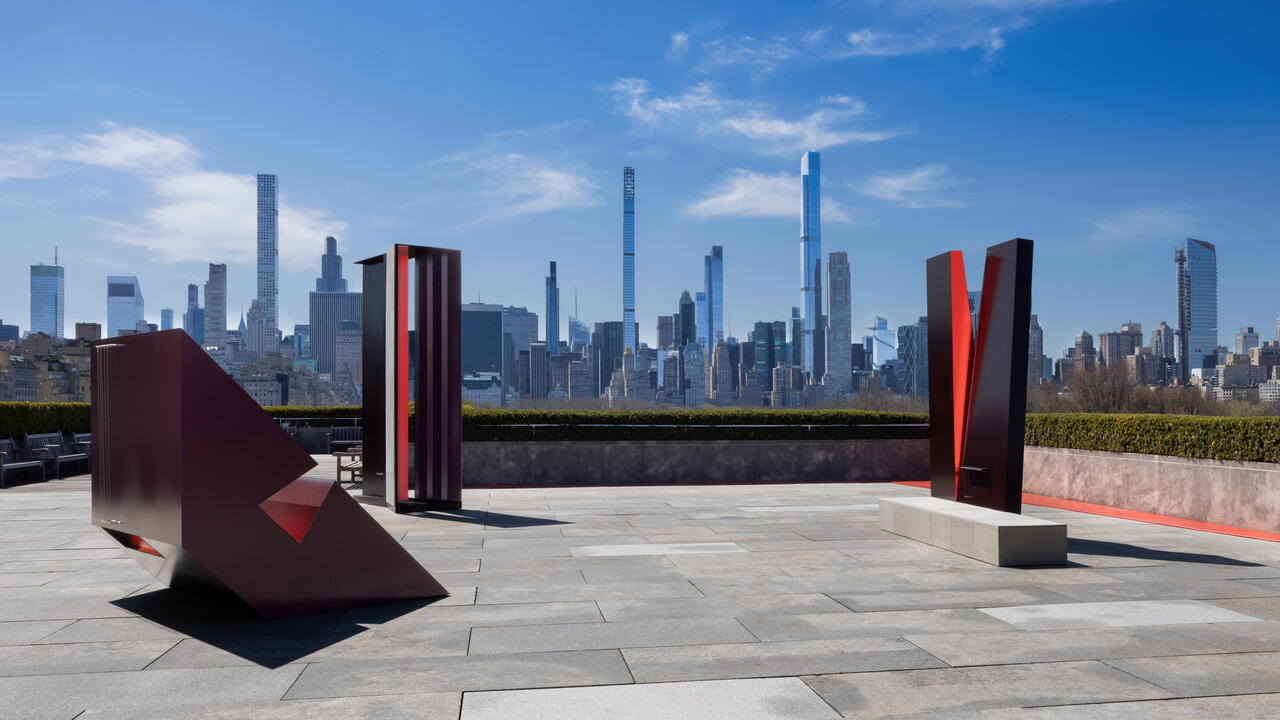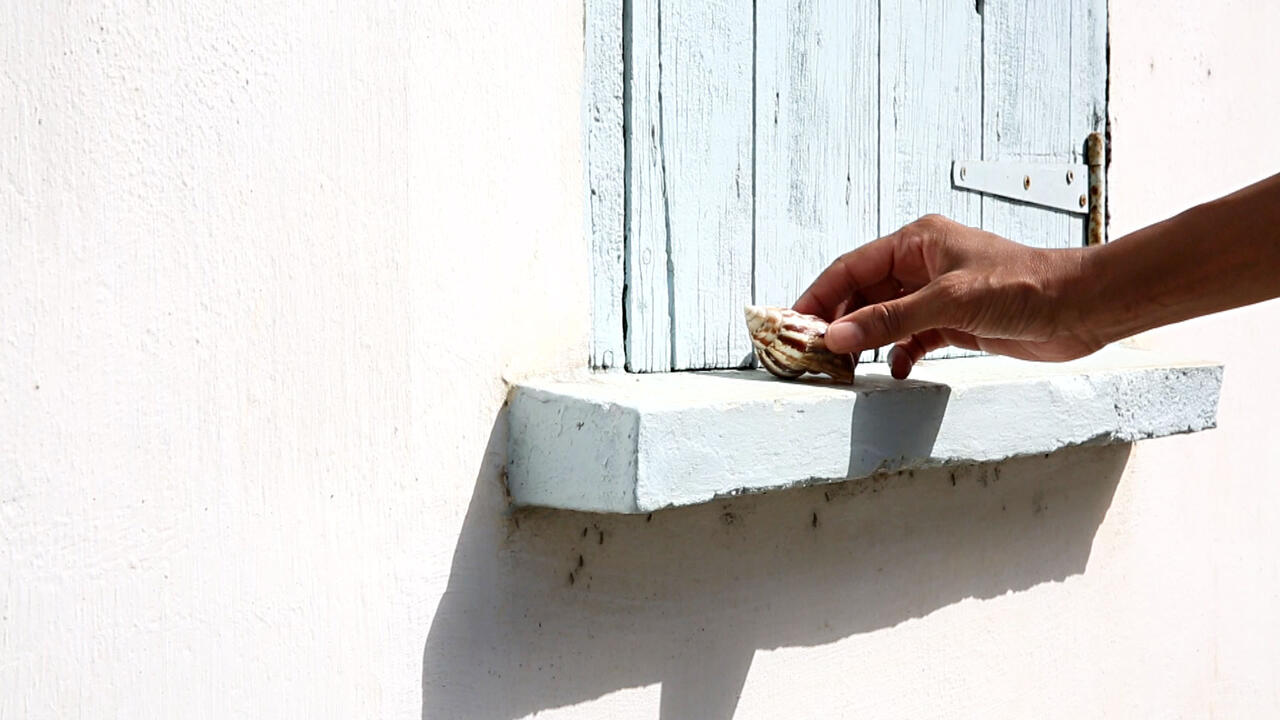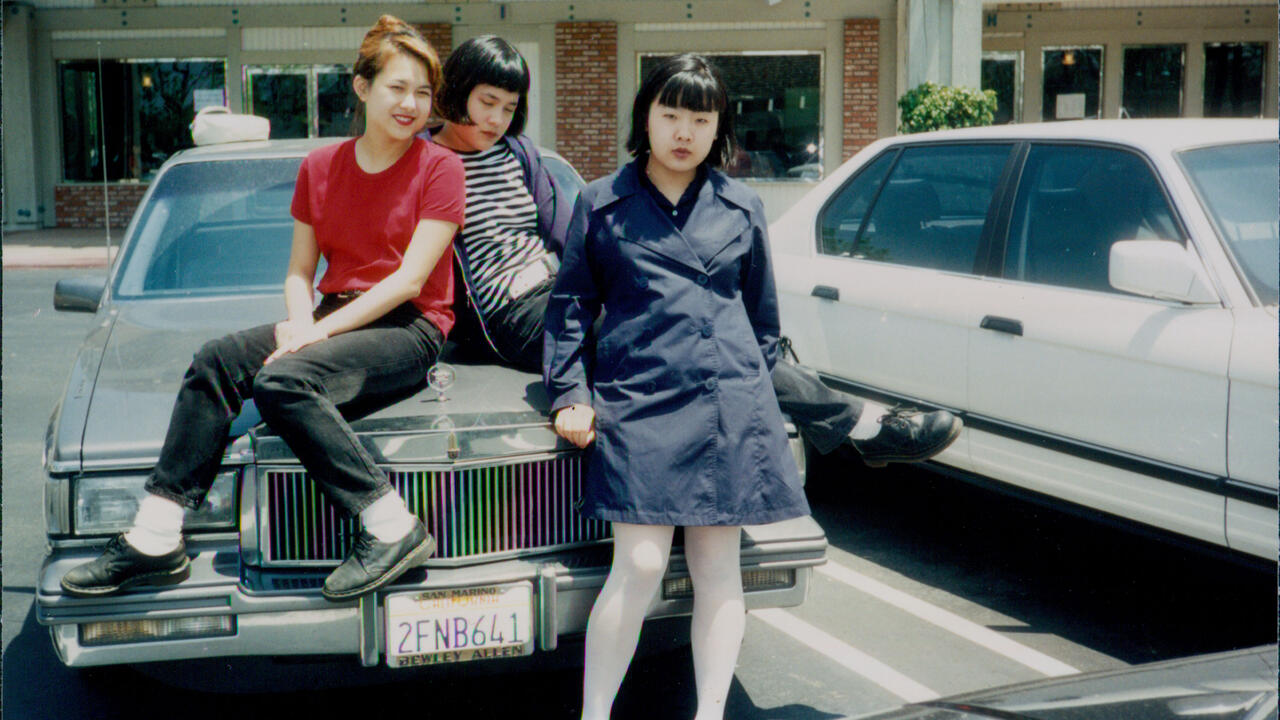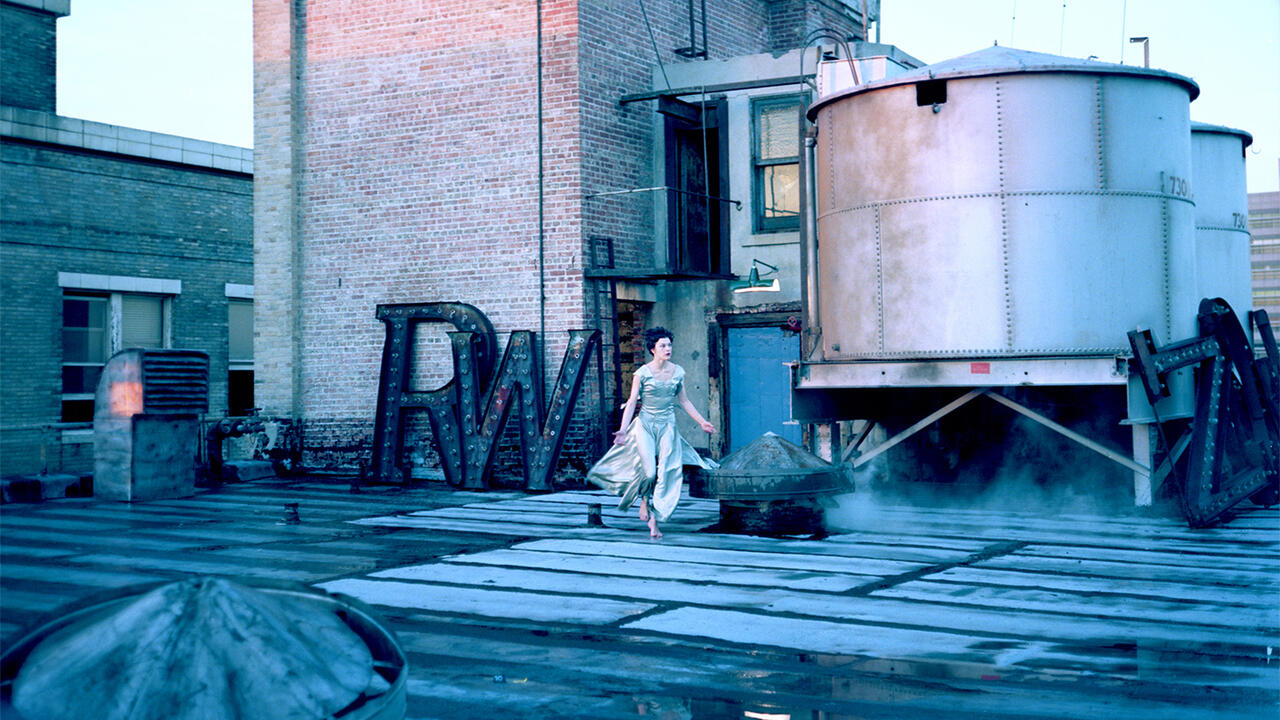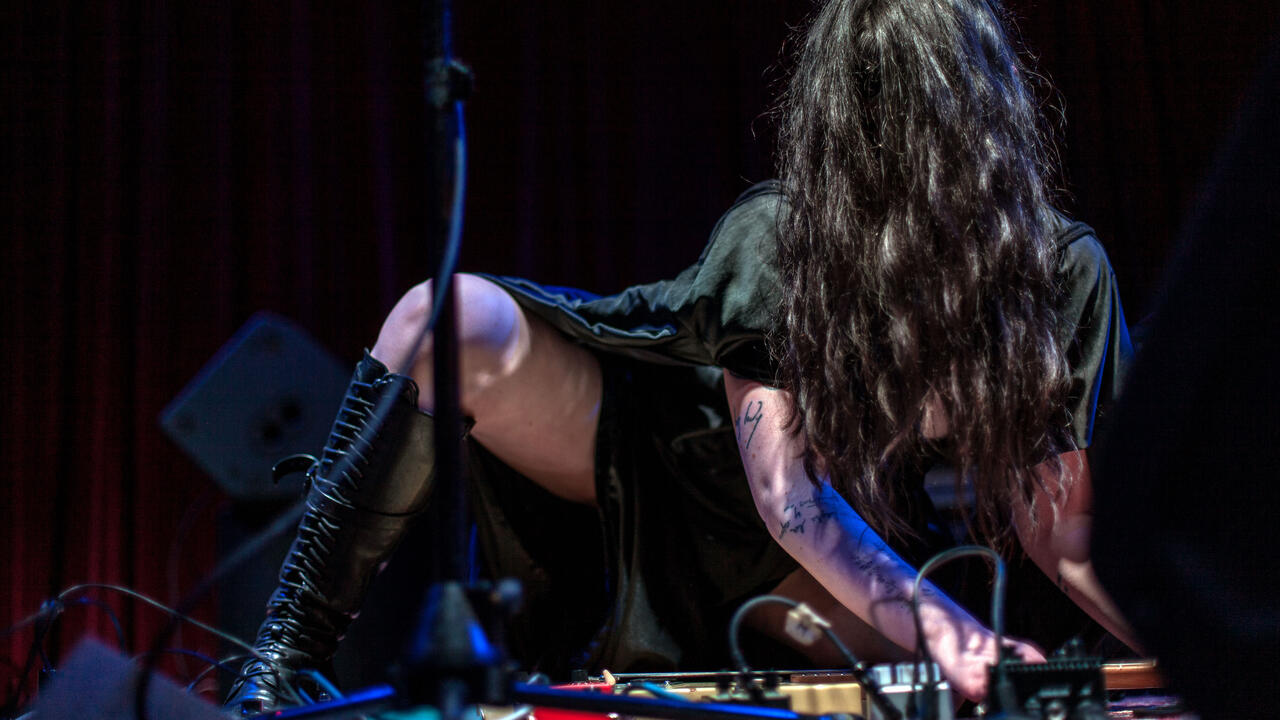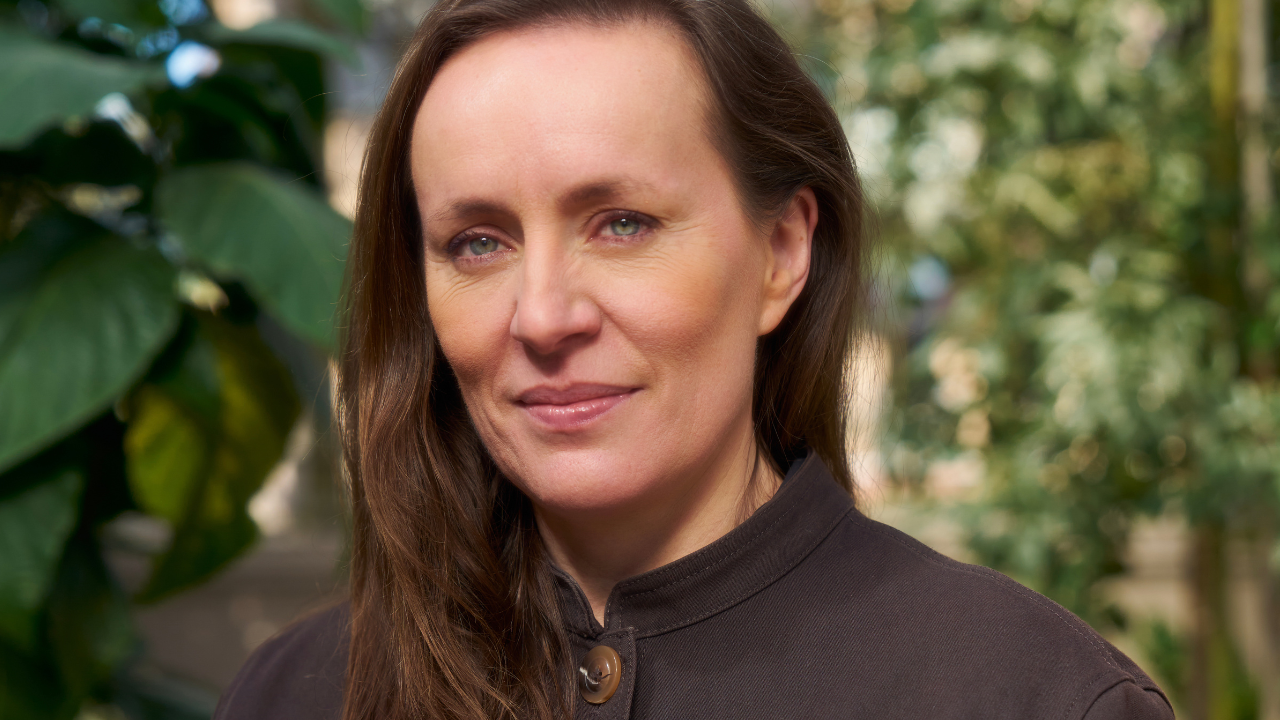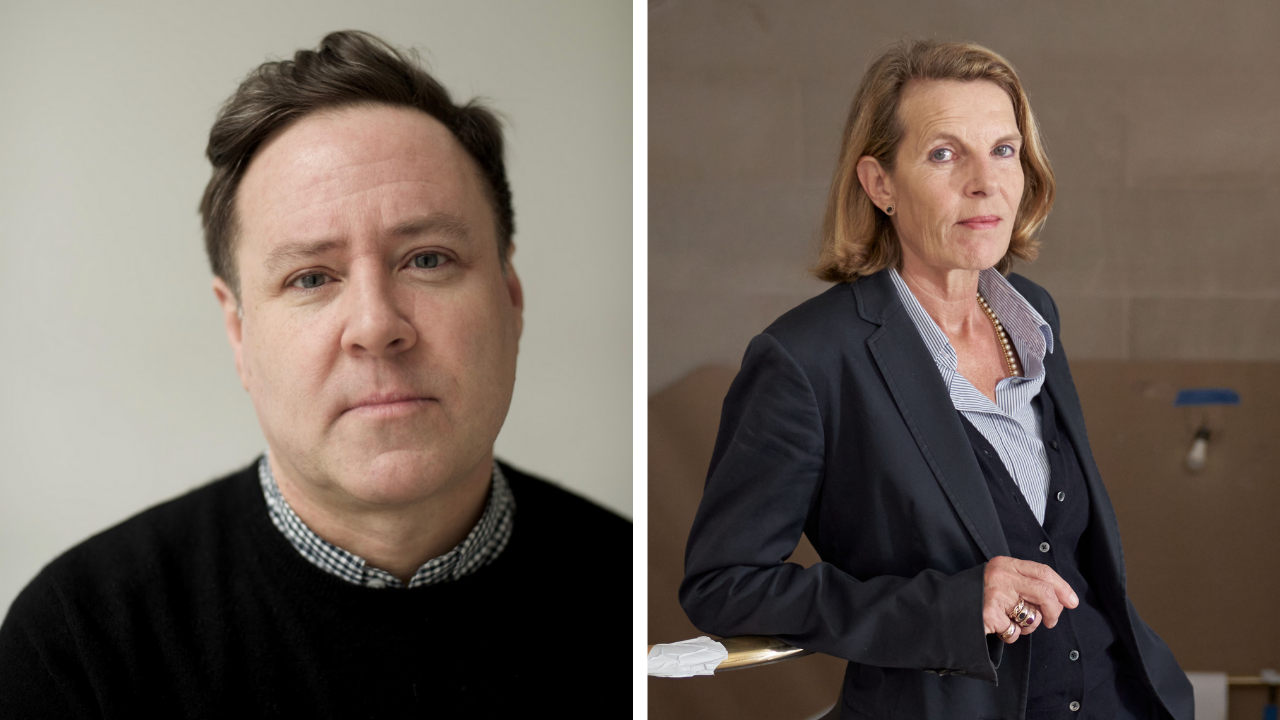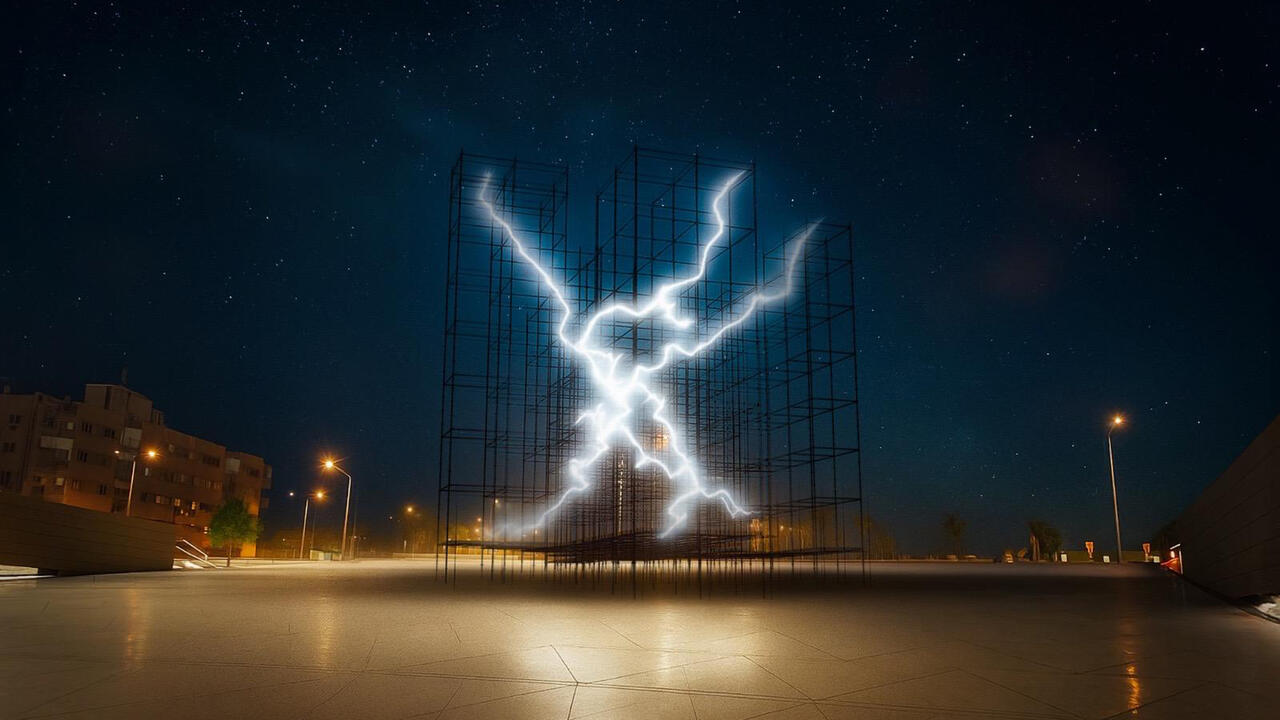Gucci & Frieze Present Major New Project: The Second Summer of Love
To celebrate the 30th anniversary of the Second Summer of Love, Gucci and Frieze present new films exploring the cultural impact of acid house
To celebrate the 30th anniversary of the Second Summer of Love, Gucci and Frieze present new films exploring the cultural impact of acid house

In the late 1980s, the UK saw a cultural revolution of the same magnitude as the ’60s counterculture movement. A combination of a radical new music, a groundswell of youth-driven art, and, crucially, the introduction of a consciousness-altering new drug, led to the upturning of contemporary culture. In 1988, 30 years ago this year, that scene exploded, and the UK saw what we now call the Second Summer Of Love.
Up and down the country, both in city centre clubs and in the repurposed rural enclaves that surround the capital’s ring roads, acid house blossomed. This extraordinary new genre took its cues from the house explosion rooted in mid-‘80s Chicago, built on propulsive 4/4 kick drums, sub-aquatic basslines, and the instantly recognisable ‘squelch’ of the Roland TB-303 that became the music’s calling card. Acid house was a revelation – a genre that united subcultures, that quickly became the dominant paradigm in the final, contentious years of the Thatcher era, and the echoes of which are still being felt today. Unlicensed raves offered new points of assembly for swathes of the population dissatisfied with mainstream nightlife and thirsting for the chance to live, if only for a weekend at a time, beyond the grasp its carefully legislated, tightly controlled idea of ‘fun’. Post-industrial towns like Blackburn were briefly transformed into outposts for a new culture, while clubs like Shoom became inflection points in British music; sites of exchange between the radical hedonism of Ibiza and the artistic crucibles of London.

Acid house is extraordinary today in part because of how recent it is. The revolution still feels palpable, and the Second Summer Of Love remains a vivid memory for many of those who lived through it. But even for those too young to have experienced 1988, the impact of the scene is evident throughout contemporary culture. Acid house raves gave birth to the free party culture; the genre bled heavily into Berlin techno; the visual signifiers of the scene are in evidence from street style to the catwalk. But, at heart, acid house remains about the music – about virtuosic manipulation of machines; about almost imperceptible changes in rhythm or timbre writ large through bludgeoning repetition; about huge numbers of people motivated by a search for ecstatic experience through sound, by a search for transcendence in a bleak landscape of political catastrophe and social entropy. Acid house was a salve, a sound that unified a fractured culture around an extraordinary, alien music.

Today, 30 years on, acid house can evoke a range of potentially conflicting feelings. For the generation that missed the crest of the wave, perhaps the main response is one of saudade – the Portuguese word for a feeling of loss or nostalgia for something you’ve never experienced. In 2018, we find ourselves in many of the same predicaments faced by the generation of ’88. We are culturally and politically fractured, perhaps even more so than during the Second Summer Of Love. There is a sense of something irreconcilable at the heart of society; a gap that can’t be recovered. Today, as the echoes of acid house are still so audible, we find ourselves asking the same questions that birthed the scene in the first place: how do we live together? What is the purpose of the collective? How do we respond to the forces of revanchism? What might the future look like?

In major new collaboration between Frieze and Gucci to mark 30 years since the Second Summer of Love artists Wu Tsang, Jeremy Deller, Jenn Nkiru and Josh Blaaberg will present new films exploring acid house and the social and political histories behind a selection of the scenes that preceded and influenced it, from New York house to Detroit techno. The films will be released later this year.
Jeremy Deller is a Turner Prize-winning artist, whose work focuses on social history, often shining a light on the pressure points where pop culture and politics collide. His work has included organising a life class with Iggy Pop, making a film about Depeche Mode fans, and travelling across America towing a car destroyed in a Baghdad bomb attack.
Wu Tsang is an award-wining filmmaker and artist, and director of WILDNESS, a film which tells the story of LA club The Silver Platter and the LGBT community for whom it has provided a ‘safe space’ for generations. Her projects have been presented at museums and film festivals internationally, including MoMA, Guggenheim, Whitney, LACMA, Tate Modern, Stedelijk Museum, Berlinale, Hot Docs, and SXSW. She was a 2016 Guggenheim Fellow (Film/Video) and is currently shortlisted for the 2018 Hugo Boss Prize.
Josh Blaaberg is an emerging video artist, whose work spans both the film and art worlds. He has recently been commissioned by Channel 4’s art strand ‘Random Acts’ and the British Film Institute, while his work has screened at Sundance Film Festival and SXSW
We are also pleased to announce a special exclusive preview of the first film in the series, Wu Tsang’s INTO A SPACE OF LOVE, a magical realist documentary that explores the legacies of house music rooted in New York underground culture, starring Kevin Aviance, Kia LaBeija with Taina Larot, Jeff Simmons, Shaun J Wright, and Venus X.
Please join us on Friday 4 May in the Talks Space at Frieze New York. The film screening will begin at 17:00, followed by an artist talk with Wu and members of the cast.
Wu Tsang’s INTO A SPACE OF LOVEA film by Wu TsangProduced by Tosh Basco Cinematography Antonio Cisneros Original Score by Asma Maroof Executive Produced by Jacqueline Edenbrow








